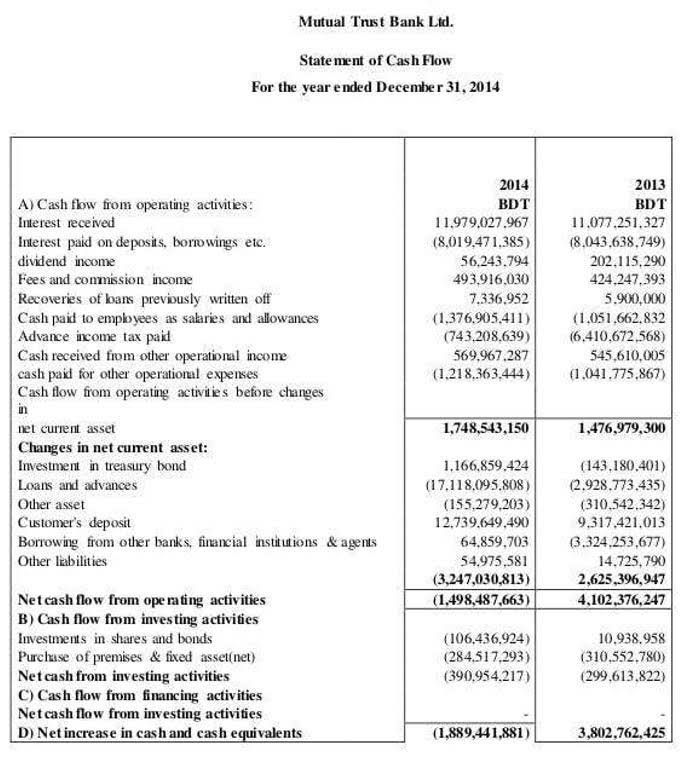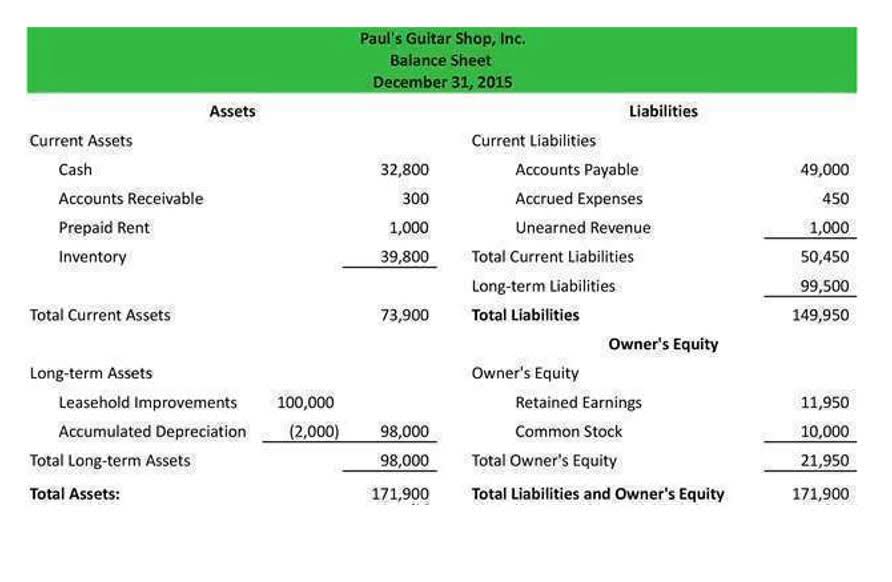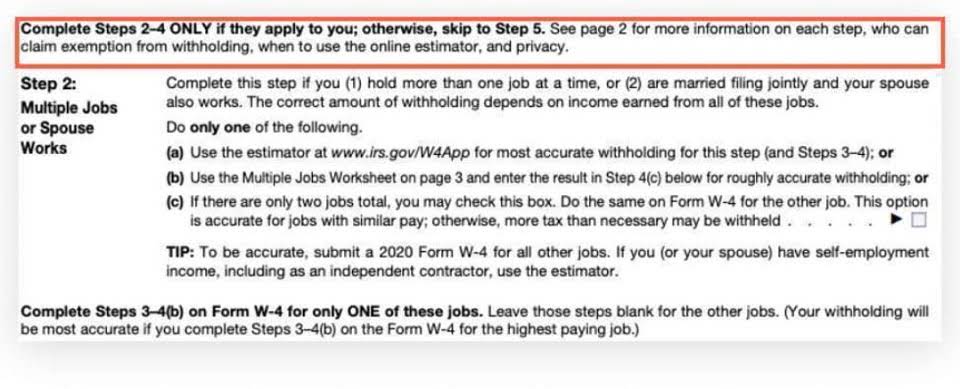
If you own a business that will do $200k in profit, you would then get 20% of that profit ($200k) as a deduction for QBID. This means you get a $40k deduction which results in tax savings of $40k x your marginal federal and state tax rate. For people with AGI’s below the phaseout S Corps reduce QBID since you add wages and reduce profit. The goal is to have a lower salary, but one that is reasonable to stay compliant. After the calculation of all deductions allowed, the QBID is compared to the taxable income of the joint taxpayers.

Sign up for IRS Updates
- You are not required to provide the information requested on a form that is subject to the Paperwork Reduction Act unless the form displays a valid OMB control number.
- This article explores the QBID in detail and provides answers to many of the most frequently asked questions about this deduction.
- Income earned through a C corporation or by providing services as an employee is not eligible for the deduction.
- This amount will offset QBI in later tax years regardless of whether the trade(s) or business(es) that generated the loss is still in existence.
- QBI is determined for each qualified trade or business of the taxpayer.
- While QBI deductions are straightforward before this threshold, calculating the deductions with restrictions can make 199A a complex system.
Generally, a non-grantor trust or estate contribution margin may either claim the QBI deduction or provide information to their beneficiaries. If the estate or trust has no DNI for the tax year, section 199A items are allocated entirely to the estate or trust. In general, total taxable income in 2023 must be under $182,100 for single filers or $364,200 for joint filers to qualify.

Prior Year Suspended Losses Allowed in 2020 and Beyond
We need it to ensure that you are complying with these laws and to allow us to figure and collect the right amount of tax. For the latest information about developments related to Form 8995 and its instructions, such as legislation enacted after they were published, go to IRS.gov/Form8995.
What to Do if You Owe Back Taxes
This deduction was introduced under the Tax Cuts and Jobs Act of 2017 to help reduce the tax burden for small business owners, self-employed individuals, and certain owners of pass-through entities like partnerships, S-corporations, and LLCs. The goal is to help these businesses keep more of their income and support economic growth. The Qualified Business Income Deduction, also known as the Section 199A deduction, allows owners of pass-through entities to deduct up to 20% of their qualified business income. Pass-through entities include sole proprietorships, partnerships, S corporations, and some limited liability companies (LLCs). In essence, if you earn income through a pass-through entity, you might be able to deduct a portion of that income, reducing your taxable income and thus lowering your tax bill.
- Therefore, you must track each category of loss or deduction until the loss or deduction is no longer suspended.
- In this case the allowed QBID from each entity is limited by the amount of the entity’s W-2 wages or a combination of W-2 wages and unadjusted basis of assets.
- However, the corporate tax rate was permanently lowered under the Tax Cuts and Jobs Act to 21%, so C corporations effectively received tax relief separate from the QBI deduction.
- Aggregation allows a taxpayer to combine multiple businesses and treat them as one business for the purposes of calculating the qualified business income deduction for each respective pass-through entity.
- If you have more questions about your business’s taxes, reach out to a Rocket Legal Pro for affordable legal advice.
- This is a valuable deal, especially for businesses that need both legal and tax services.

Such Code provisions include, but aren’t limited to, sections 163(j), 179, 461(l), 465, qbid 469, 704(d), and 1366(d). Instead, qualified losses and deductions are taken into account in the tax year they’re included in calculating your taxable income. The Qualified Business Income (QBI) deduction is a tax benefit that allows business owners who operate through pass-through entities to deduct up to 20% of their qualified business income from their taxable income.
Step 2 – Reduce the qualified business income deduction for each pass-through entity based on limits
If you have more questions about your business’s taxes, reach out to a Rocket Legal Pro for affordable legal advice. If you need tax help, get matched with a tax pro via Rocket Tax™ to save time and money filing your tax returns. The process of claiming the QBI deduction is relatively straightforward, but certain rules and requirements need to be followed. To calculate the deduction, you first Bookkeeping for Veterinarians need to determine your business’s qualified income.